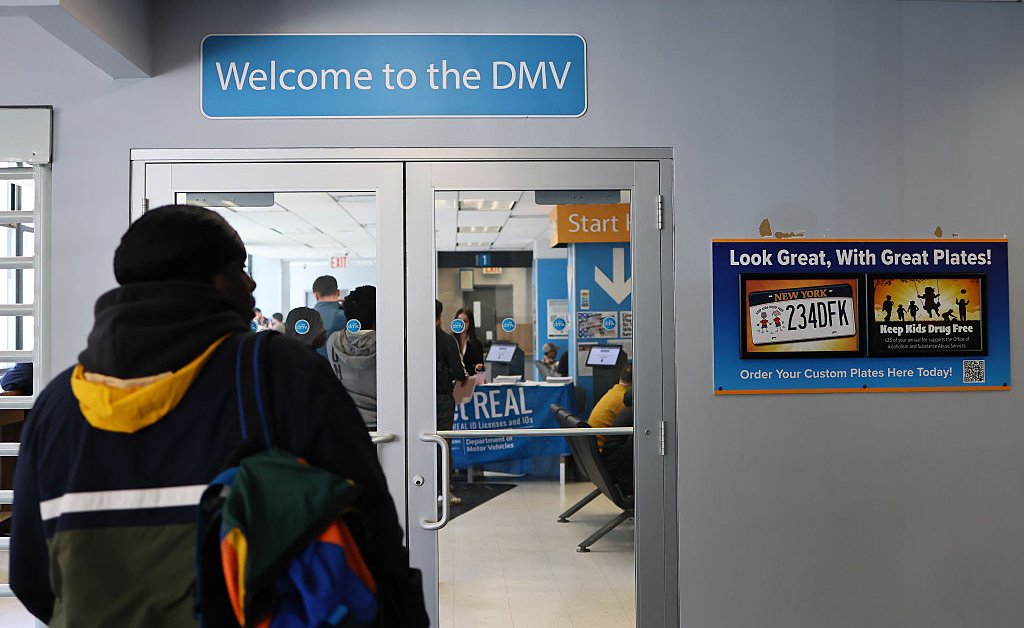Now Reading: Authorities Issue Warnings Over Multistate DMV Scam Texts. Here’s What to Look Out For
-
01
Authorities Issue Warnings Over Multistate DMV Scam Texts. Here’s What to Look Out For
Authorities Issue Warnings Over Multistate DMV Scam Texts. Here’s What to Look Out For

Public officials and Department of Motor Vehicles (DMVs) offices in several U.S. states have issued warnings to residents regarding fraudulent text messages attempting to deceive drivers into paying a phony “outstanding toll.” The frequency of these text scams increased in May, prompting states to caution the public about messages purporting to be from the DMV.
New York DMV Commissioner Mark J.F. Schroeder emphasized the scammers’ tactics of inundating phones with deceptive texts to extract personal information from unsuspecting individuals. Authorities reiterated that the DMV does not solicit personal details via text messages.
Various states, including Illinois, New York, Virginia, Pennsylvania, Florida, New Jersey, Georgia, Colorado, Vermont, Texas, and California, have raised alerts about the scam texts. Officials in these states have clarified that the DMV does not initiate unsolicited payment requests or ask for personal information.
In response to the scam, the Illinois Secretary of State and Florida DMV have issued warnings, with the latter creating a dedicated webpage to inform drivers about the fraudulent activity. Police departments and civic organizations in states like New York and New Jersey have also cautioned the public through social media postings.
The scam texts typically include threats of penalties if recipients fail to pay alleged traffic fines, risking consequences like registration or driving privileges suspension. The messages may contain links resembling legitimate government websites to appear authentic.
To safeguard against such scams, individuals are advised to forward suspicious texts to 7726 (SPAM) to block similar messages and report the incident to the Federal Trade Commission. It is recommended to refrain from clicking any links, sharing personal information, and verify the authenticity of messages by contacting the DMV directly.
Experts underscore the importance of vigilance in recognizing potential scams and educating older family members about such threats. They advise refraining from responding to texts from unfamiliar sources and verifying the legitimacy of messages through direct communication with relevant authorities.






